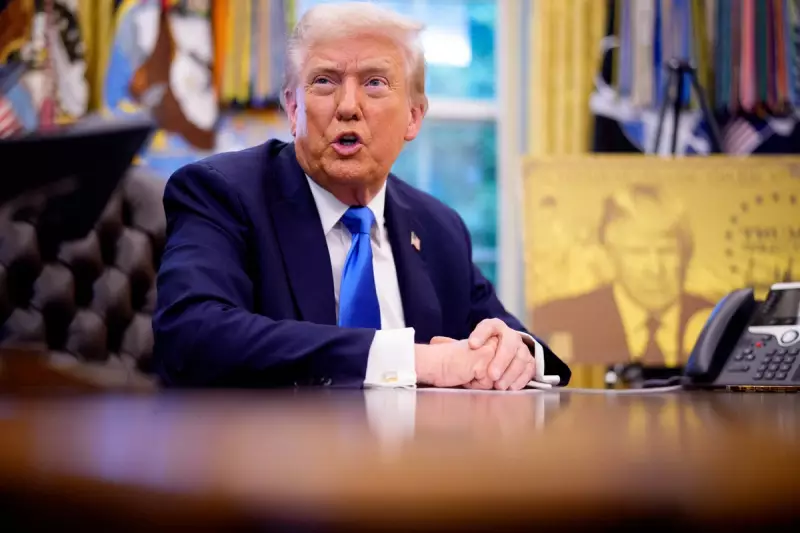
In a bold policy proposition that could send ripples through the global tech sector, former President Donald Trump has announced plans to dramatically increase fees for H-1B visas if he returns to the White House. This initiative is framed as a measure of "reciprocity," directly targeting nations that charge high fees for US visas.
The 'Reciprocity' Principle Behind the Fee Surge
The core of Trump's proposal is to align the cost of an H-1B visa with the fees charged by the applicant's home country for equivalent US visas. "We're going to charge a reciprocal tax," Trump stated during a recent speech. This means countries with higher visa application costs for Americans would see a corresponding increase in what their citizens pay for an H-1B.
While not naming specific countries, the policy is widely seen as aimed at nations like India, a primary beneficiary of the H-1B programme. This move represents a significant escalation of Trump's long-standing "America First" immigration stance.
Potential Impact on US Businesses and the Tech Ecosystem
The H-1B visa programme is a critical pipeline for skilled talent, particularly for Silicon Valley giants and the American technology industry as a whole. A substantial fee hike would inevitably increase operational costs for these companies, potentially affecting their global competitiveness.
Major Indian IT firms, which are among the largest recipients of H-1B visas, would face a direct financial impact. This could force a strategic shift, encouraging greater investment in local US talent or accelerating the adoption of remote work models with teams based outside the United States.
A Contentious Policy Set to Reignite Debate
This proposal is certain to reignite the heated debate surrounding immigration and skilled foreign workers in the US. Proponents argue it protects American jobs and ensures fairness. Critics, however, contend that it will stifle innovation, harm the economy, and create unnecessary barriers for essential global talent.
As the US presidential election approaches, this policy positions immigration firmly at the forefront of the political battleground, with significant implications for international business and diplomatic relations.






